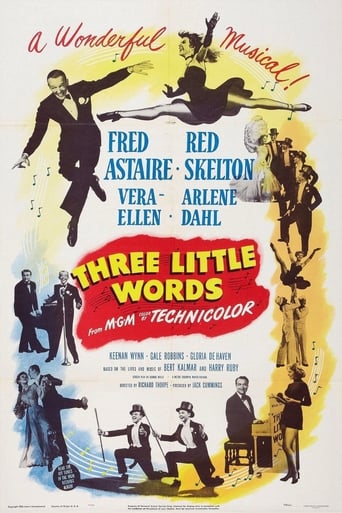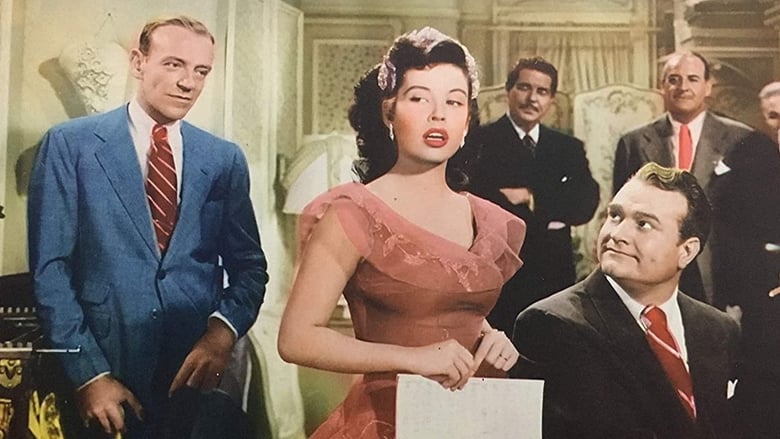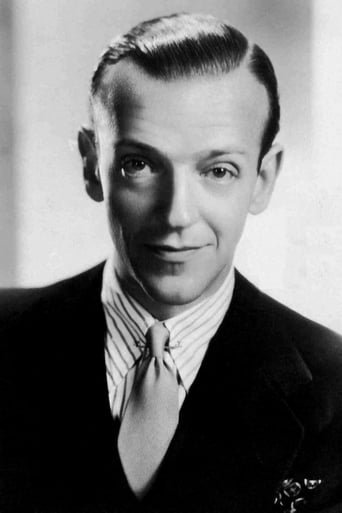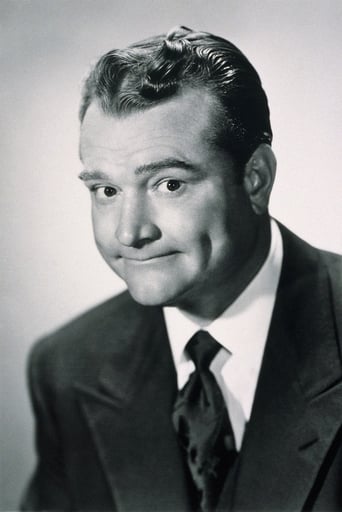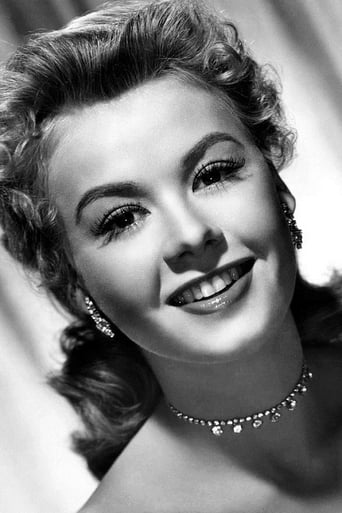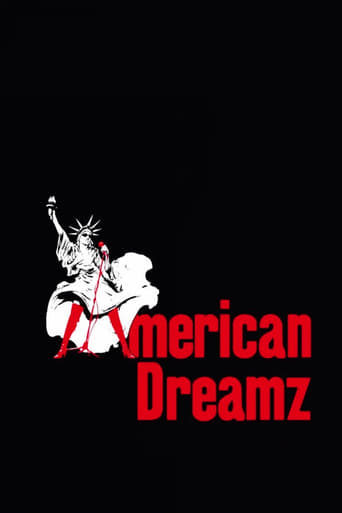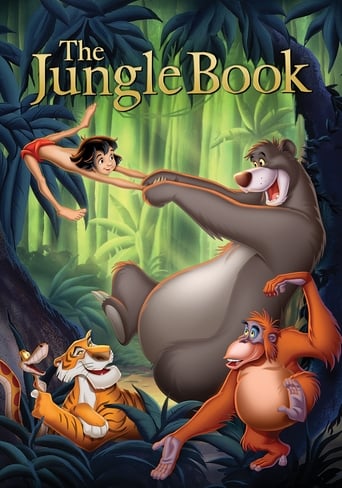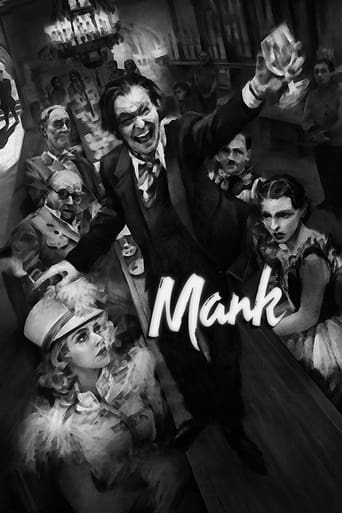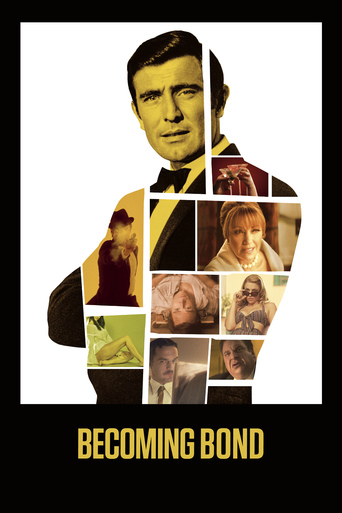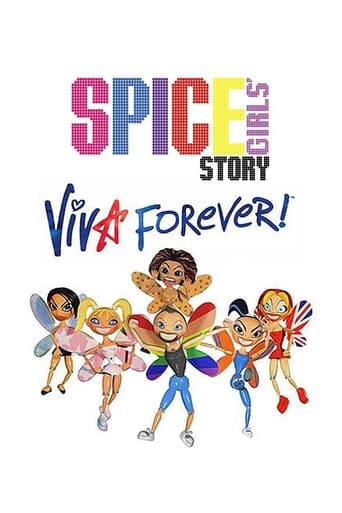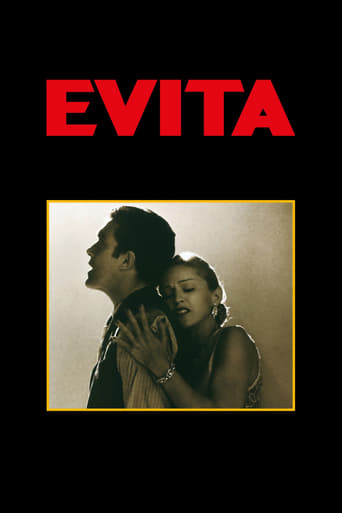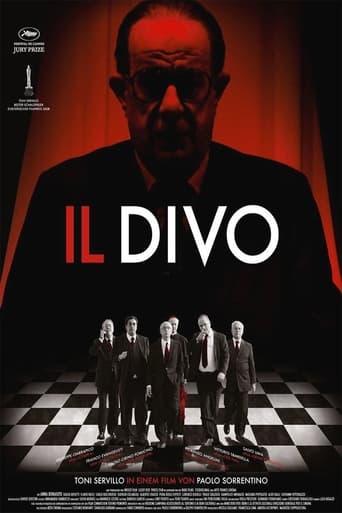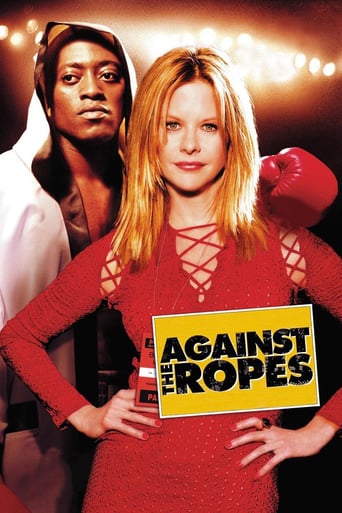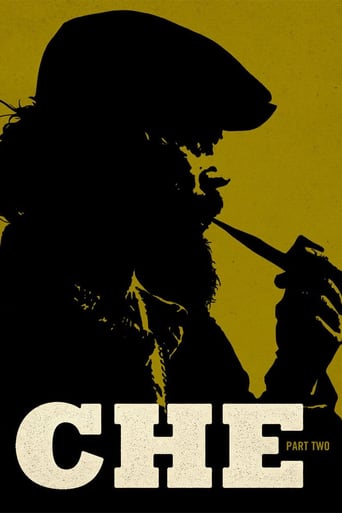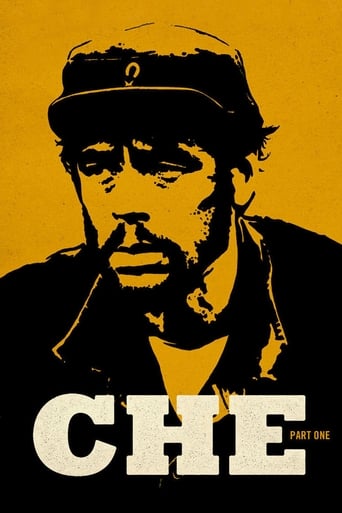Three Little Words (1950)
Song-and-dance man Bert Kalmar can't continue his stage career after an injury for while, so he has to earn his money as a lyricst. Per chance he meets composer Harry Ruby and their first song is a hit. Ruby gets Kalmar to marry is former partner Jessie Brown, and Kalmar and Jessie prevent Ruby from getting married to the wrong girls. But due to the fact, that Ruby has caused a backer's withdrawal for a Kalmar play, they end their relation.
Watch Trailer
Cast


Similar titles
Reviews
Three Little Words purports to tell the story of the fabled songwriting team of Bert Kalmar and Harry Ruby and for the film the unlikely team of Fred Astaire as Kalmar and Red Skelton as Ruby were brought in to star. It's a good thing the real Kalmar and Ruby had a lot more chemistry than Astaire and Skelton do.But as in all these musical biographies of songwriters, it's the songs that are the real star. Kalmar and Ruby wrote some great ones, no doubt about it. Songs like Nevertheless, Thinking of You, Who's Sorry Now are still sung and will be sung for the next millennium. Both these guys had their eccentricities, Kalmar fancied himself a magician and Ruby was a big baseball fan. Kalmar wanted to be Mr. Blackstone and Ruby would have swapped every song he ever wrote for a chance to play in the Major Leagues with any of the New York based teams. Astaire is strangely lacking in dance routines in this film. They are confined to some vaudeville type numbers as befitting the fact that Kalmar was a song and dance man until a knee injury made him turn to writing. Red Skelton's antics were confined to some scenes on the baseball diamond where his good friend, the clown prince of baseball Al Schacht played by infielder George Metkovich provided some good humorous moments for Skelton.Incidentally one big error in the film identified Al Schacht as a pitcher. Schacht was a catcher, his vaudeville partner was Nick Altrock who was a pitcher and a good one, but he's not in the film.Arlene Dahl and Vera-Ellen play the women in the lives of Ruby and Kalmar. Vera-Ellen dances well with Astaire and her singing is dubbed by Anita Ellis. Debbie Reynolds is in this in one of her earliest roles as Boop Boop a Doop singer Helen Kane who did introduce Kalmar and Ruby's I Wanna Be Loved By You. And Gloria DeHaven playing her own mother who died that year and she sings Who's Sorry Now.Kalmar and Ruby also wrote Groucho Marx's theme, Hooray For Captain Spaulding. I'm still wondering why it was only confined to the two of our leads in rehearsal, why Groucho himself didn't appear. In real life he was a very close friend of Harry Ruby's. Kalmar and Ruby wrote the score for Duck Soup as well and later on they wrote Go West Young Man for Groucho in Copacabana.The song Three Little Words was NOT introduced on Phil Regan's radio show. It was written by Kalmar and Ruby for the Amos and Andy film Check and Double Check where Duke Ellington and his orchestra played it with the Rhythm Boys singing. They also recorded the song with the Rhythm Boys who were Al Rinker, Harry Barris, and their lead singer, a fellow named Bing Crosby.Kalmar had passed away when this film was released in 1950. Ruby went on after a fashion. Oscar Hammerstein, II helped finish a Kalmar lyric to a Ruby song that became A Kiss To Build A Dream On which was sung by Louis Armstrong the following year and was a big posthumous hit for half the team. And Harry Ruby wrote the famous television theme to The Real McCoys later on in the Fifties. Other than their respective avocations for prestidigitation and baseball, Kalmar and Ruby were a pair of normal fellows and led pretty dull lives. But that's the problem when you try to do biographies of people like them. So relax and listen to some really great songs by a pair of normal guys.
Wow -- what a joy and what a surprise this film really is! Besides the presence of Astaire and a few other cast members this film doesn't promise much, but it really delivers -- a lot of laughs, good music, great dancing, and most surprisingly of all, some solid performances from the whole cast including Skelton. I would even go so far as to say that this is probably the best musical bio-picture produced by MGM and only "The Jolson Story" strikes me as a stronger film among all the musical bio-pics I've seen period.When I see Red Skelton's name on a picture, I usually expect to see him mugging all the way to the bank like a vaudeville trooper with a gun to his head. But here he actually restrains himself and does a very good job, perhaps because he's playing a real person, songwriter Harry Ruby (who was credited as a technical adviser on this film). He's paired with Astaire's Bert Kalmar -- and Astaire responds with a performance that is likewise far more character-oriented than usual, and quite nuanced as he veers from anger to sentimentality. Astaire is paired with Vera-Ellen, one of his all-time best partners.The musical numbers were staged by Hermes Pan -- and it shows. These sequences are almost as impressive as those in "The Band Wagon" and "Singin' in the Rain" (with better music than "Rain"). I was particularly impressed with "Mr. and Mrs. Hoofer at Home", although I think it was too sophisticated for them to pass it off as a 1910s vaudeville number. But all is forgiven.As a side note, I found it really amusing how the Kalmar character and others seemed to think about pop music genres strictly in germs of their relationship to romanticized concepts of exoticism. For example he "fixes" Ruby's "Araby" song by turning it into a Mammy Song. And at one point while musing on the direction they should go with a song, Kalmar says "you know, there hasn't been an Oriental song in a while...." Kalmar's concept of an Oriental song being, of course, the ridiculous "So Long Oo-Long". I almost fell out of my chair laughing, and I'm not completely sure that the humor was unintentional.Of course this film probably bears little truth in terms of the reality of Kalmar's and Ruby's lives. But then neither did "Till the Clouds Roll By", "Night and Day" or "Rhapsody in Blue" ..... and at least this film was entertaining. The versions of Kalmar's and Ruby's songs are great -- in fact I read that seeing this film as a teenager inspired young Connie Francis to eventually sing the song "Who's Sorry Now?" and make it even more famous than it ever was before. I'm thinking that she probably won't be the last person inspired by this joyous film.
"Three Little Words", MGM's tribute to two song writers that are not so well known, but who left behind a lot of beautiful songs, is a pleasant film from that era. Richard Thorpe, the director, clearly demonstrates he knew how to stage the material. Although not one of the best musicals the studio produced, and somewhat predictable, it offers a lot of entertainment.Best of all is the pairing of Fred Astaire and Red Skelton as the musical partners, Bert Kalmer and Harry Ruby. These actors do some nice work together as they came together to create musical comedy. Mr. Astaire's dancing partner is Vera-Ellen, who was a dominant figure in musical comedies. Mr. Astaire and Vera-Ellen do a good job in their dancing.A big surprise was to see a young Debbie Reynolds in her rendition of "I Wanna be Loved by You", which later became associated with Marilyn Monroe's signature songs. The young Ms. Reynolds' shows an amazing talent that would come to fruit in later films. Gloria de Haven and Arlene Dahl also grace the film with their presence, as well as Kennan Wynn, and other supporting players.
This was a wonderful, feel-good movie with tons of songs, many of them appealing. There also were some great dancing scenes, no surprise there since Fred Astaire is one of the stars. Astaire and Vera-Ellen paired up well for those numbers.This is one of the few films, even in the musicals, in which all the characters were nice people. In other words, there were no villains, no nasty people, which is refreshing to see now and then. It is supposedly the true-life account of songwriters Bert Kalmar (Astaire) and Harry Ruby (Red Skelton). Ruby is good at writing tunes, but not with lyrics. Kalmar supplies the lyrics and dance. Skelton also shows he had a decent singing voice.The only unhappy moments in the movie are the squabbles between the two leading men, but that's not overdone and sometimes it's humorous. Skelton's character is the nicer of the two.The leading ladies are wholesome-looking beautiful women. Vera-Ellen is a Shirley Jones-type pretty blonde with a great dancer's body. She's enjoyable to watch. Arlene Dahl, who was stunning, is the other leading female but her role was minor, unfortunately.The movie is a good mixture of song, dance, comedy and drama and is an underrated film in that it that doesn't get a lot of publicity. Astaire was quoted as saying this was his favorite film. I agree. It's my favorite of his, too.

